Moto G Stylus (2023) vs Moto G Power (2023): What Are The Main Differences?
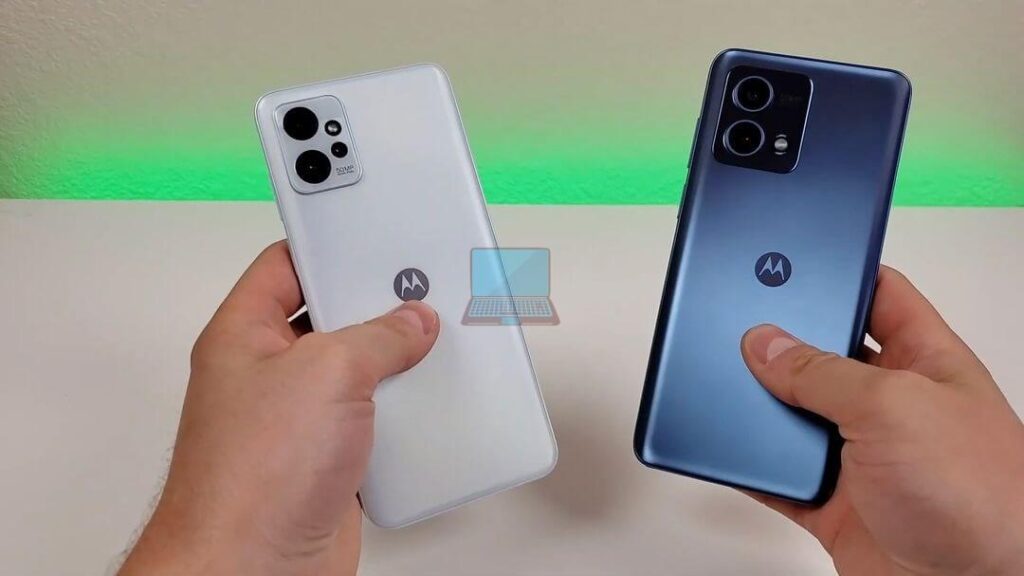
The Moto G Stylus (2023) and Moto G Power (2023) are two affordable smartphones offered by Motorola. The Moto G Stylus features an integrated stylus for note-taking and drawing, while the Moto G Power focuses on a higher-quality display with a sharper resolution and faster refresh rate.
Both phones offer similar camera setups, but the Moto G Power includes an additional depth sensor. The Moto G Power also has a better front-facing camera for improved selfies. Both devices have strong battery life and come with the latest Android version.
| Brand | Motorola | Motorola |
| Model | Moto G Stylus (2023) | Moto G Power (2023) |
| CPU | MediaTek Helio G85 | MediaTek Dimensity 930 |
| GPU | Mali-G52 MC2 | IMG BXM-8-256 |
| Memory | 4GB | 6GB |
| Storage | 64GB | 256GB |
| OS | Android 13 | Android 13 |
| Display | 6.5-inch HD+ HiD, 1600x720, 90Hz | 6.5-inch, Full HD+ (2400x1080), 120Hz |
| Rear cameras | 50 MP, f/1.8, 2 MP, f/2.4, (macro) | 50 MP, f/1.8, 2 MP, f/2.4, 2 MP, f/2.4, (macro) |
| Front camera | 8 MP, f/2.0 | 16 MP, f/2.4 |
| Ports | USB-C, 3.5MM audio jack | USB-C, 3.5MM audio jack |
| Battery | Li-Po 5000 mAh | Li-Po 5000 mAh |
| Charging | 15W wired | 15W wired |
| Dimension | 162.9 x 74.1 x 9.2 mm | 163.1 x 74.8 x 8.5 mm |
| Weight | 195g | 185g |
| Colors | Blue, Rose Gold | Dark Blue |
| Price | About 200 EUR | $280 |
Consider your preferences for stylus functionality, display quality, camera versatility, and pricing to choose the one that best suits your needs. Let’s test and compare the two phones in more detail.
Design and Appearance
The Moto G Stylus (2023) and Moto G Power (2023) share a striking resemblance in terms of their external design. Both phones feature a squared-off camera bump on the back, giving them a distinctive look. While the Moto G Power incorporates a depth sensor in its camera setup, the two devices are otherwise identical, sporting a glossy plastic back. The Moto G Stylus is available in blue and pink color options, while the Moto G Power offers black and white variants.
In terms of connectivity, both phones come equipped with a USB-C port that supports data transfer and charging. However, it’s worth noting that these ports are limited to USB 2.0 speeds. Even the latest iPhone models have yet to adopt faster USB 3.0 speeds, so it is possible that we may see mainstream phones incorporating faster USB speeds in the future.
Additionally, both the Moto G Stylus and Moto G Power retain the microSD card slot and the 3.5mm audio jack, which have become somewhat rare features on higher-end devices but are still present on budget-friendly phones like these.
One standout design feature of the Moto G Stylus is its integrated stylus, which sets it apart from the Moto G Power. The stylus conveniently slots into the bottom of the device for storage and automatically launches a note-taking app when removed. While this addition adds a slight thickness to the phone compared to the Moto G Power, it doesn’t significantly affect its overall feel or usability. According to a reviewer, the stylus functionality performs well, allowing users to easily jot down notes, sign documents, or even draw on screenshots.
Overall, the Moto G Stylus (2023) and Moto G Power (2023) share a similar external design, with the Moto G Stylus offering the added convenience of an integrated stylus. These phones provide users with a range of features and connectivity options typically associated with budget devices, such as expandable storage and a headphone jack.
Display
Both the Moto G Stylus (2023) and Moto G Power (2023) share similar dimensions, featuring 6.5-inch screens. However, when it comes to the display, these two devices couldn’t be more different.
The Moto G Stylus boasts an IPS screen with a refresh rate of 90Hz, providing a smoother visual experience compared to the standard 60Hz found on most phones. The resolution of the Moto G Stylus’ display is 1600 x 720 pixels, which delivers decent clarity and sharpness for everyday tasks and multimedia consumption.
On the other hand, the Moto G Power takes a step further in terms of display quality. It features a higher-quality unit with a refresh rate of 120Hz. This enhanced refresh rate offers even smoother scrolling, transitions, and overall visual fluidity. The display resolution on the Moto G Power is 2400×1080 pixels, which results in a higher pixel density and sharper image quality, making it more suitable for mixed media use, such as watching videos, gaming, and consuming high-resolution content.
Considering these differences, the Moto G Power emerges as the better choice for users who prioritize a superior display for multimedia activities. The higher refresh rate and resolution of the Moto G Power’s display enhance the overall visual experience, providing smoother motion and crisper details. However, it’s worth noting that the Moto G Stylus still offers a respectable display quality for everyday use, ensuring adequate performance for most tasks.
Hardware
When considering the Moto G Stylus (2023) and Moto G Power (2023), it’s important to keep in mind that both phones fall into the sub-$300 price range. As a result, they do not belong to the flagship category, and it’s reasonable to expect lower performance figures compared to higher-end devices.
The Moto G Stylus is equipped with the MediaTek Helio G85 chipset, supported by 4GB of RAM and 64GB of storage. On the other hand, the Moto G Power employs the more powerful MediaTek Dimensity 930 processor, accompanied by 6GB of RAM and 256GB of storage. While these specifications are suitable for everyday tasks and moderate usage, they may not deliver the same level of performance as flagship devices.
Reviewers who evaluated both the Moto G Stylus and Moto G Power noted that they experienced some sluggishness while performing normal tasks and opening apps. This observation aligns with the lower performance expectations set by the devices’ specifications. It’s worth mentioning that these phones are designed to cater to the needs of budget-conscious consumers who prioritize affordability over top-tier performance.
However, it’s important to emphasize that despite the occasional sluggishness, the Moto G Stylus and Moto G Power still provide sufficient power for typical daily usage, including web browsing, social media, messaging, and light gaming. They may struggle with more demanding tasks or resource-intensive applications, but for their respective price range, they offer a reasonable balance between performance and affordability.
Software
The Moto G Stylus (2023) and Moto G Power (2023) come preloaded with Android 13, accompanied by the Motorola My UX interface at the top. This interface offers a clean and uncluttered user experience that closely resembles the stock Android interface. Motorola’s My UX aims to provide a user-friendly interface with intuitive features and customization options.
Motorola has committed to providing one major Android update for both the Moto G Stylus and Moto G Power. This means that users can expect to receive an update to the next major Android version released after Android 13. However, it’s important to note that Motorola’s track record in delivering consistent and timely software updates has not been the strongest.
While the phones are promised one major Android update, Motorola does commit to providing multiple years of security updates for both devices. This ensures that users can receive essential security patches and bug fixes to keep their phones protected and running smoothly. However, it’s worth mentioning that Motorola’s reputation for delivering timely security updates has also been inconsistent in the past.
Cameras
The Moto G Stylus (2023) and Moto G Power (2023) both feature dual rear cameras. The Moto G Stylus has a 50MP main sensor and a 2MP macro lens, while the Moto G Power incorporates the same 50MP main sensor and 2MP macro lens, along with an additional 2MP depth sensor.
It’s important to note that the 2MP cameras, whether they be macro or depth sensors, have limitations in terms of image quality and utility. In 2023, a 2MP camera may not offer the level of detail and clarity that users expect, especially when compared to the higher resolution and more capable cameras found on other devices.
In terms of image quality, the Moto G Stylus with its 50MP main sensor can capture decent images under well-lit conditions. The reviewer noted that stationary objects and people appear well-balanced in the images. However, any movement in the frame can result in blurry images. Low-light photography performs better, although some graininess may be present when zooming in on the images.
On the front camera side, the Moto G Power boasts a 16MP sensor, which is a significant upgrade compared to the 8MP sensor found on the Moto G Stylus. This improvement in resolution can make a noticeable difference in selfie quality and is particularly advantageous for users who frequently take self-portraits or engage in video calls.
It’s worth considering your specific photography needs when choosing between the Moto G Stylus and Moto G Power. If you prioritize high-quality selfies and video calls, the Moto G Power’s superior front-facing camera would be the more suitable option. However, if you primarily capture still images in well-lit conditions and don’t heavily rely on macro or depth photography, the Moto G Stylus’ 50MP main sensor should be sufficient.
Battery
The Moto G range from Motorola has gained a reputation for offering impressive battery life, and both the Moto G Stylus (2023) and Moto G Power (2023) live up to this expectation. These devices are equipped with a substantial 5,000mAh battery, which is known for its capacity to provide extended usage time.
In the reviews conducted by our reviewers, both the Moto G Stylus and Moto G Power received positive remarks regarding their battery performance. Under general use, users can expect to comfortably achieve two full days of battery life on both devices.
Motorola’s focus on providing long-lasting battery life in their Moto G series is highly appreciated by users who value reliability and don’t want to worry about frequent recharging. The 5,000mAh battery capacity in both devices ensures that users can comfortably go through their daily tasks without constantly needing to search for a power outlet.
Price
The Moto G Stylus (2023) was officially launched by Motorola on May 5, 2023. Priced at $200, this device offers an affordable option for users seeking a stylus-enabled smartphone. The Moto G Stylus (2023) is readily available for purchase from major retailers such as Amazon and Best Buy, as well as directly from Motorola’s official storefront.
On the other hand, the Moto G Power (2023) was released in April 2023, a month prior to the Moto G Stylus. With a price tag of $300, the Moto G Power (2023) provides a slightly higher-end option within the Moto G series. It is also available from the same selection of major retailers as the Moto G Stylus, including Amazon, Best Buy, and Motorola’s official storefront. It’s worth noting that discounts on the Moto G Power have already been observed at various retailers.
In summary, the Moto G Stylus (2023) offers stylus functionality and a more budget-friendly price, while the Moto G Power (2023) boasts a higher-quality display, improved front camera, and additional depth sensor.
Consider your specific needs and priorities, such as stylus usage, display quality, camera capabilities, and pricing, to determine which model suits you best.
You can also check out the best-selling Smartphones on Amazon:



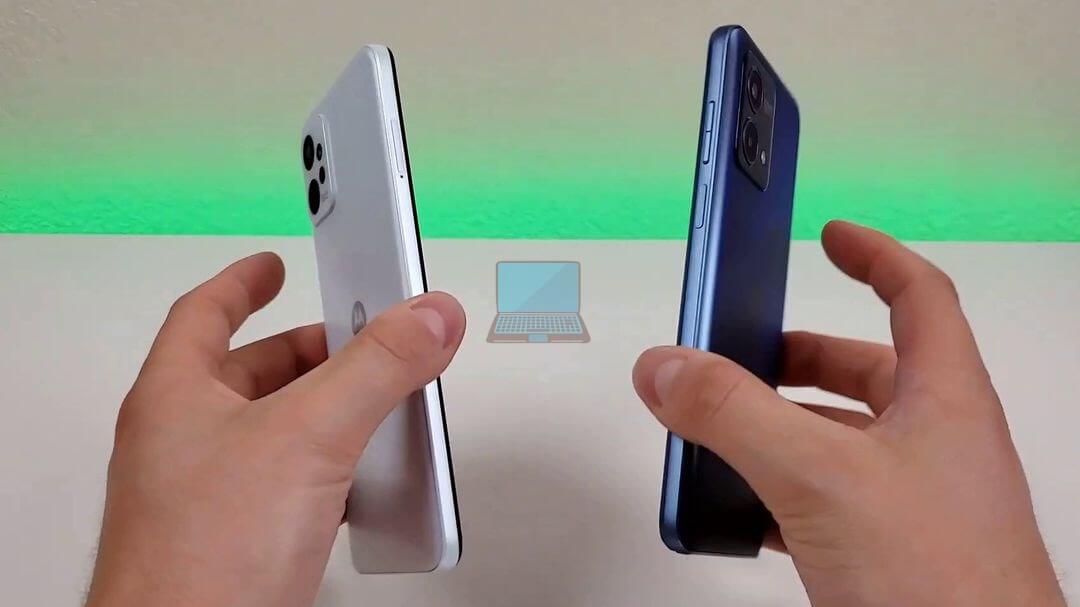
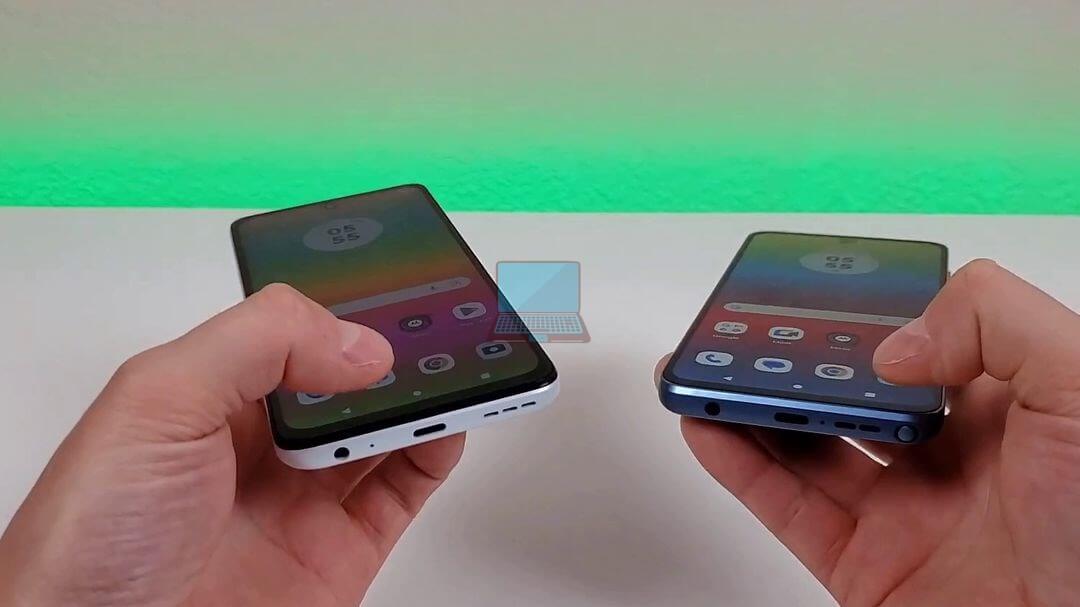
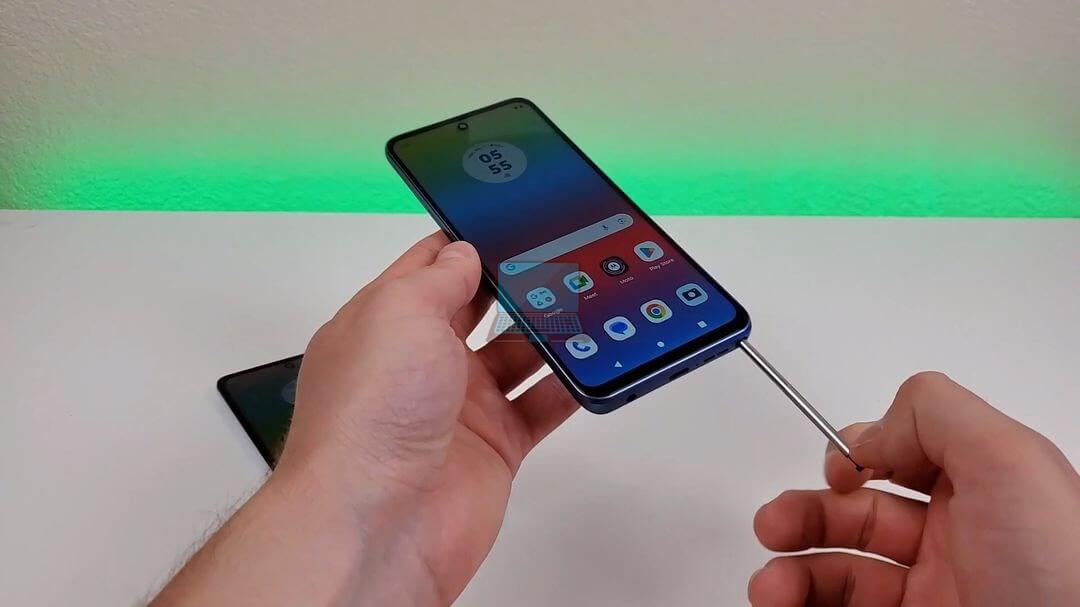
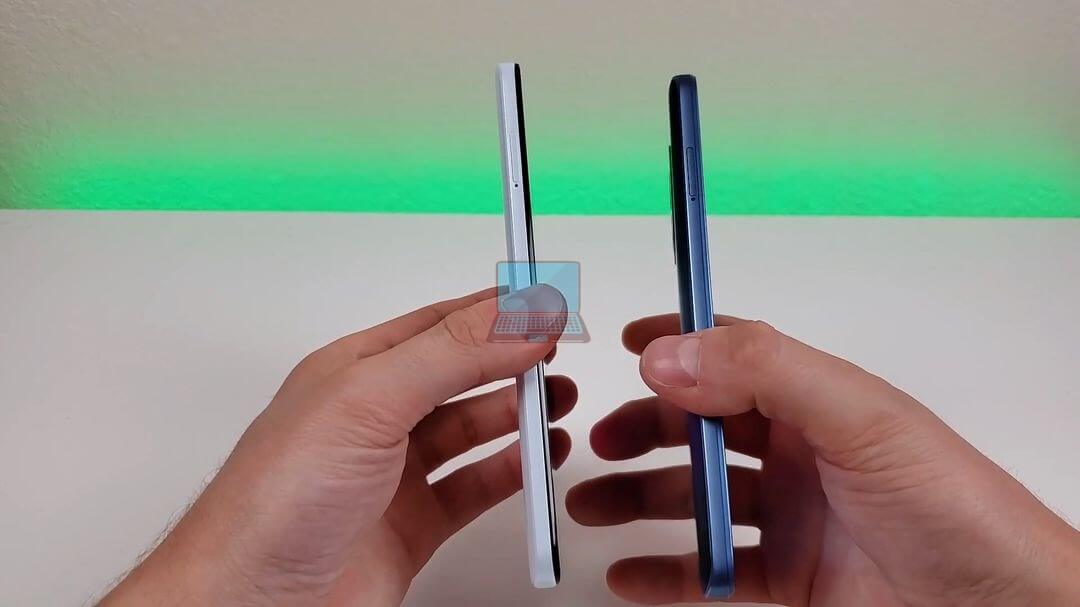
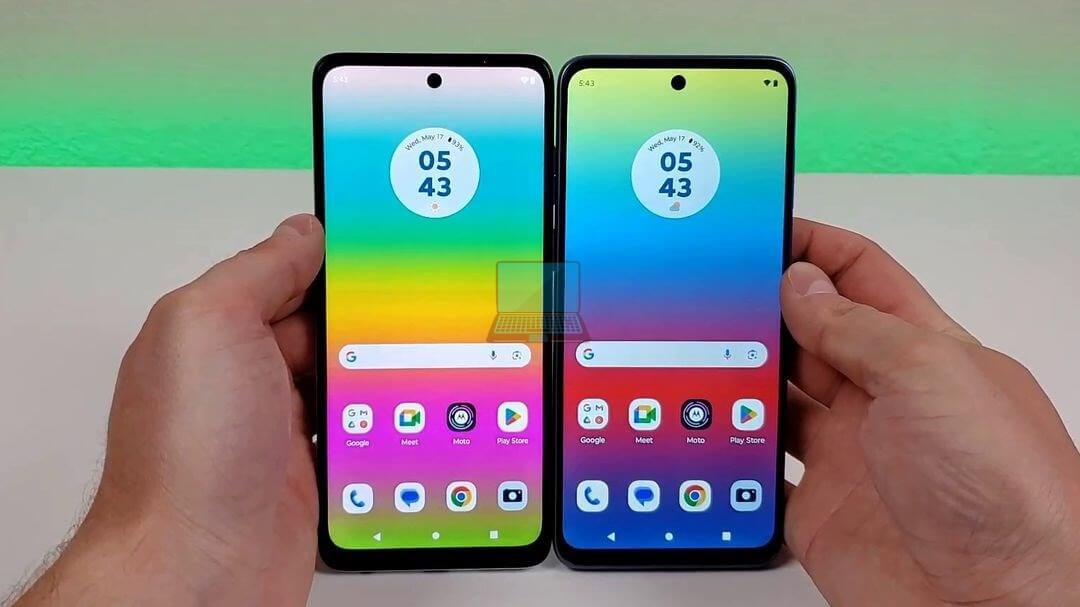
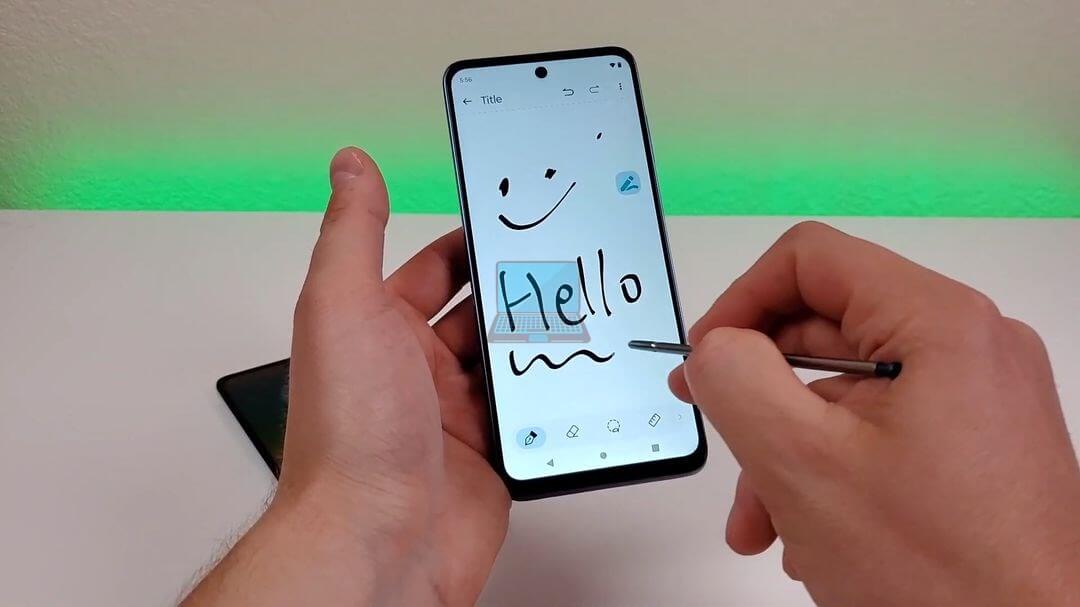
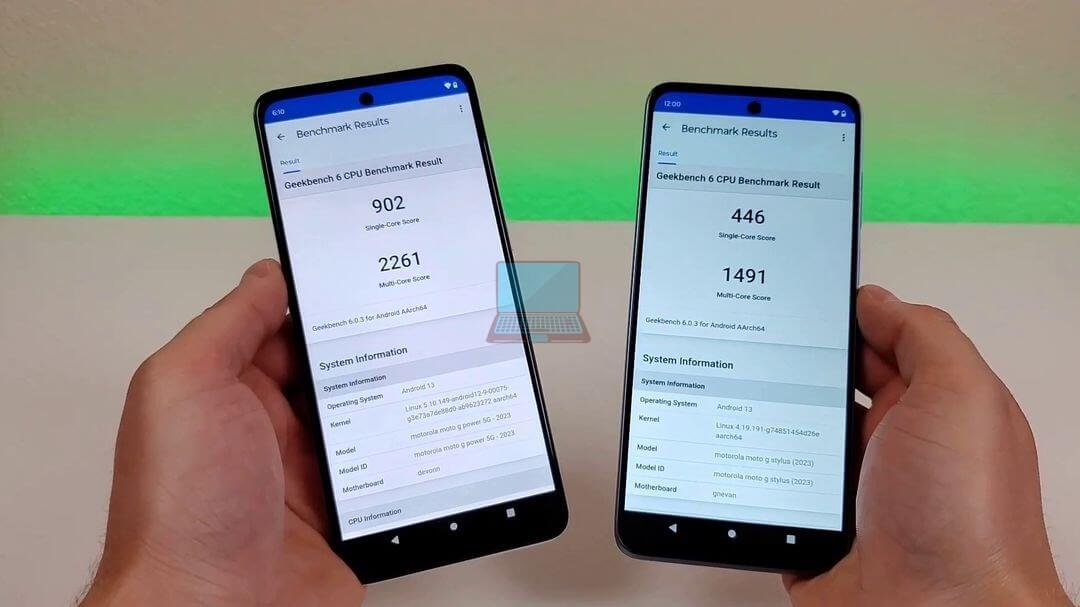
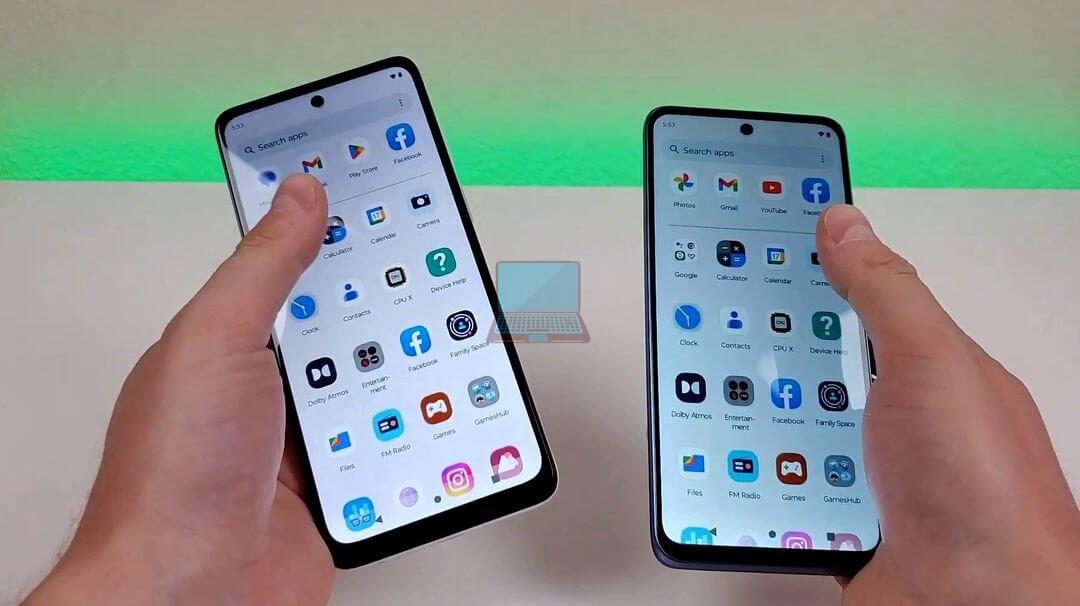
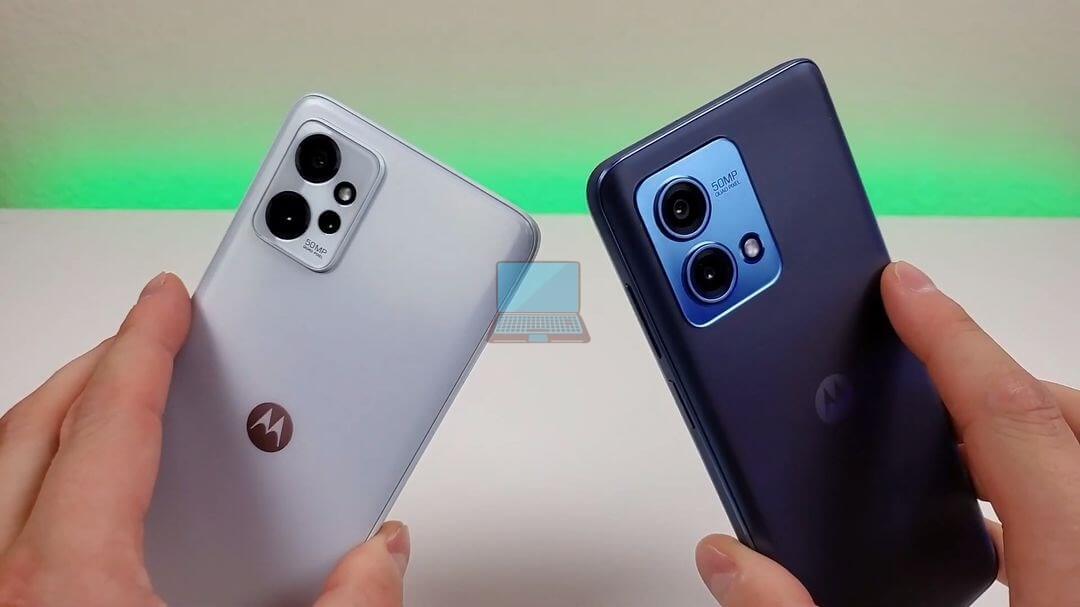
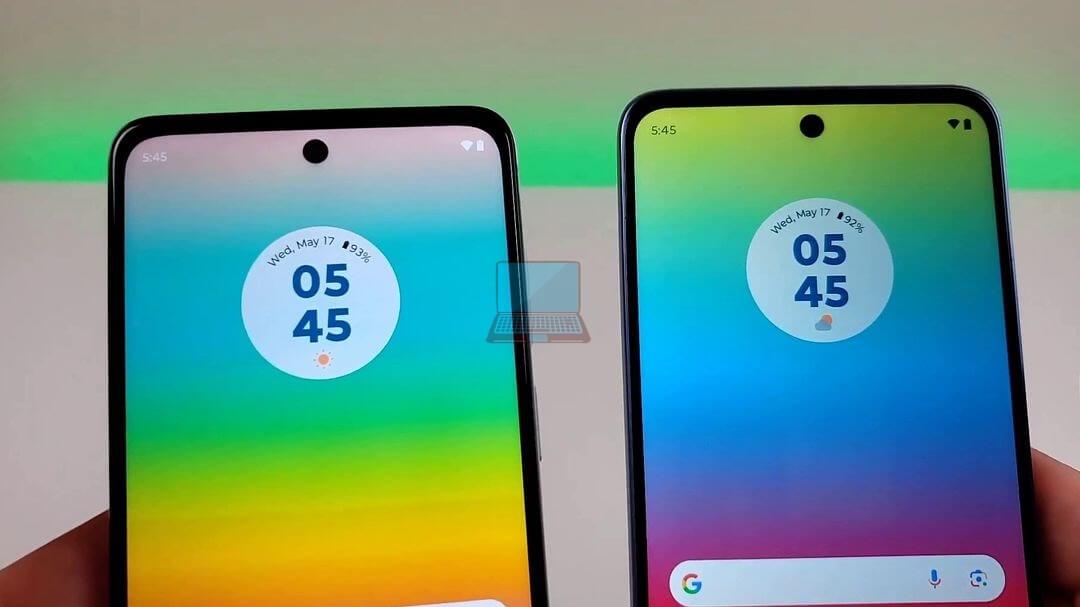
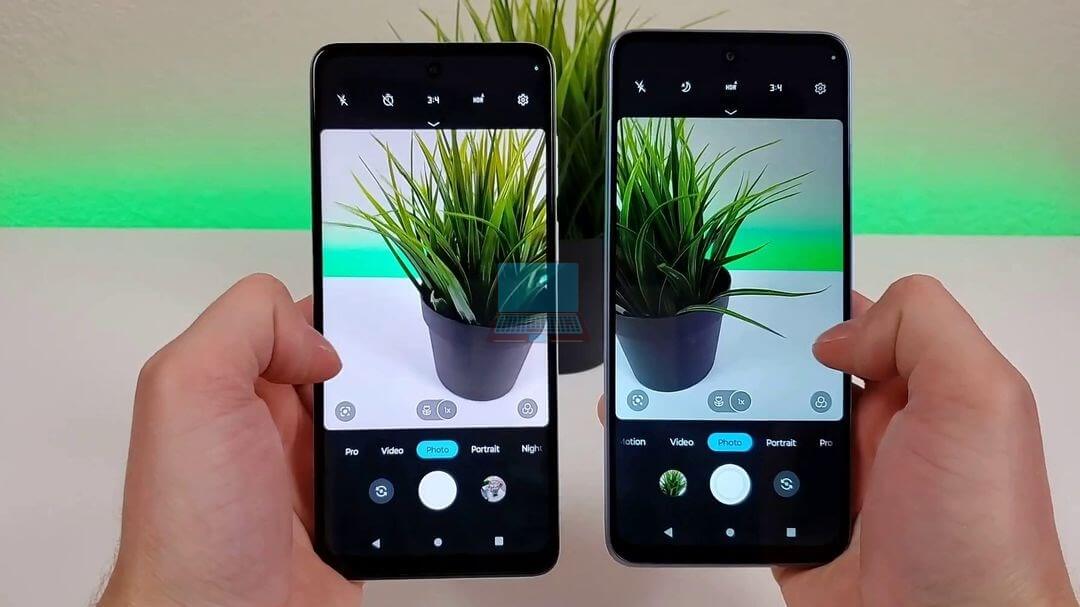
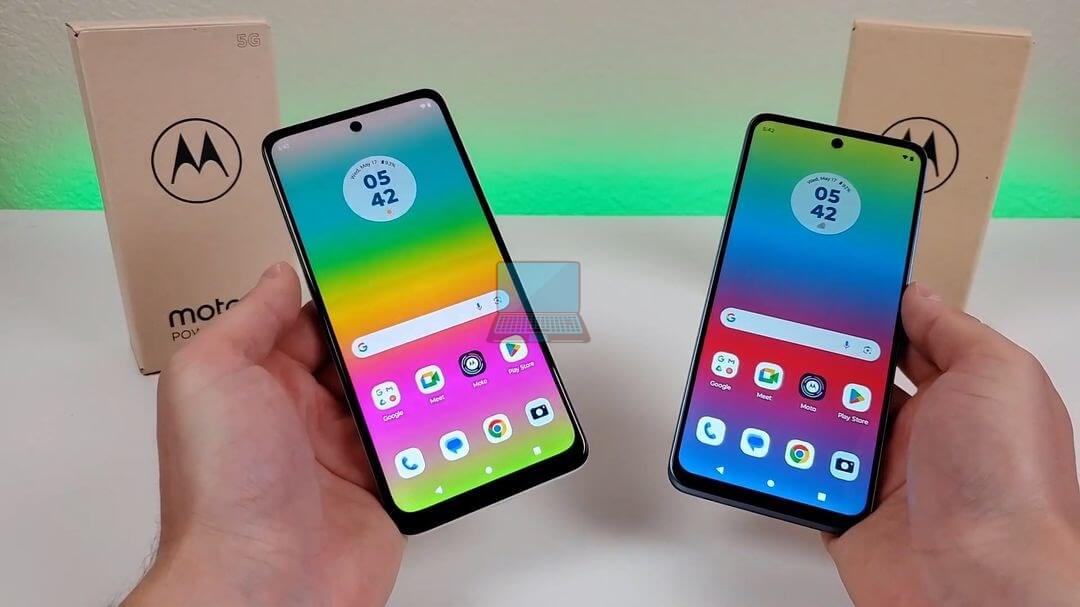







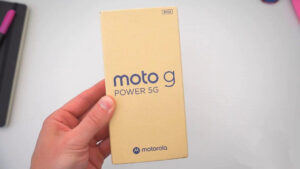

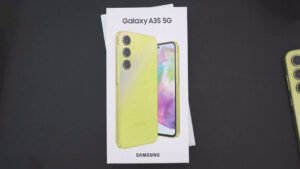



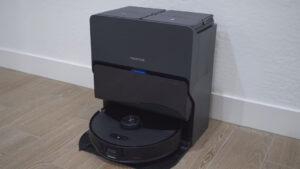
1 thought on “Moto G Stylus (2023) vs Moto G Power (2023): What Are The Main Differences?”